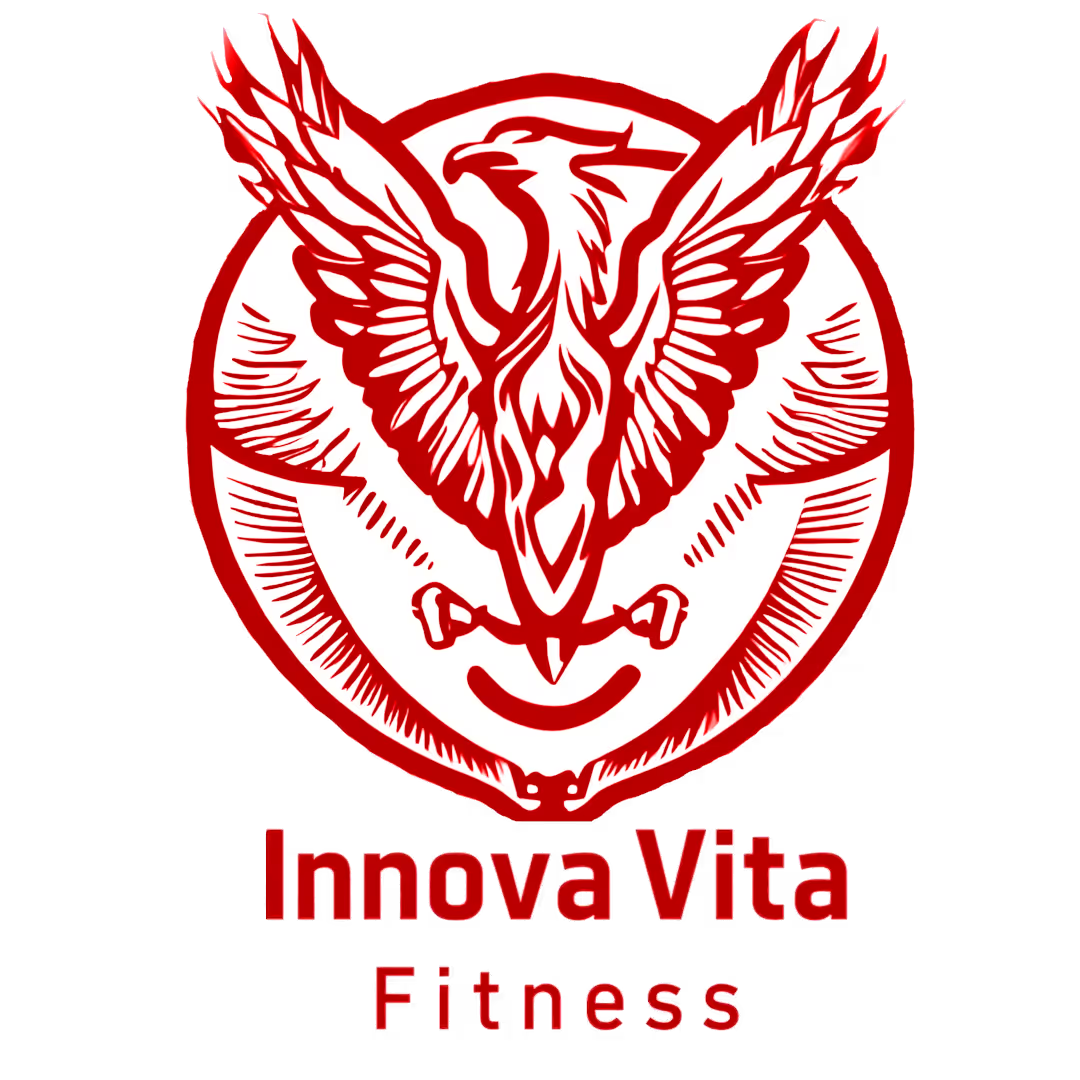Equip policy holders with actionable skills in nutrition, exercise programming, and lifestyle modification that drive measurable behavior change—addressing the root causes of preventable chronic disease claims through comprehensive health education.

Policy holders with low health literacy—the inability to understand health information and make informed decisions—generate substantially higher claims. Our course builds health literacy through practical skill development in nutrition, exercise, goal setting, and chronic disease prevention, enabling better health decisions that reduce costly claims.
Our curriculum teaches concrete lifestyle modification skills that naturally build health literacy as policy holders learn to:
Health literacy emerges naturally as policy holders develop practical competencies—they gain the ability to understand health information, critically evaluate recommendations, communicate with providers, and make informed decisions about prevention and treatment.
Sources: Berkman, N. D., et al. (2011). Low health literacy and health outcomes. Annals of Internal Medicine, 155(2), 97-107. https://pmc.ncbi.nlm.nih.gov/articles/PMC7889072/ | Rasu, R. S., et al. (2015). Health literacy impact on national healthcare utilization. IJHPM, 4(11), 747-755.
Our 9-module curriculum teaches actionable lifestyle modification skills built on 90+ peer-reviewed studies. Policy holders gain the knowledge and tools to prevent chronic diseases and manage existing conditions—directly addressing the behaviors that drive your highest claim categories.
Skills taught: Food label reading, macronutrient understanding, meal planning strategies, eating well on a budget, evaluating nutrition claims
Claims impact: Improved dietary patterns reduce obesity, type 2 diabetes, cardiovascular disease, and hypertension—your four highest chronic disease claim categories.
Skills taught: Cardiovascular training principles, resistance training program creation, injury modifications, activity quantification, personal trainer-level programming
Claims impact: Increased physical activity prevents chronic diseases, reduces complications in existing conditions, and decreases falls/fractures in older members.
Skills taught: Evidence-based weight loss approaches, avoiding fad diets, overcoming plateaus, emotional eating management, sustainable lifestyle changes
Claims impact: Weight management reduces risk and severity of diabetes, cardiovascular disease, joint problems, and sleep apnea—high-cost claim drivers.
Skills taught: SMART goal framework, realistic target setting, step-by-step achievement planning, habit tracking, progress monitoring
Claims impact: Structured behavior change methodology enables sustained lifestyle modifications rather than temporary compliance—reducing long-term disease progression.
Skills taught: Evaluating health claims, understanding scientific studies, identifying reliable sources, distinguishing evidence from marketing
Claims impact: Critical thinking skills prevent adoption of ineffective treatments, expensive supplements, and unproven procedures that generate unnecessary claims.
Skills taught: Using engineered AI prompts for nutrition analysis, workout planning, and lifestyle coaching; creating custom prompts for specific health needs
Claims impact: Access to personalized health guidance without expensive coaching services—members receive customized support for sustained behavior change.
Skills taught: Understanding type 2 diabetes and cardiovascular disease, identifying controllable vs. non-controllable risk factors, stress management, blood pressure monitoring
Claims impact: Early risk factor awareness enables prevention before diagnosis—avoiding the highest-cost claim scenarios.
Skills taught: Sleep habit optimization, smoking cessation planning, alcohol consumption guidelines, stress reduction techniques
Claims impact: Improved sleep, smoking cessation, and stress management reduce risk for cardiovascular events, mental health claims, and chronic disease complications.
Tools provided: Stress tracking worksheets, blood pressure logs, emotional eating journals, sleep habit trackers, goal-setting templates, progress monitoring systems
Claims impact: Comprehensive toolkit bridges knowledge-action gap—policy holders gain not just information but implementation support for sustained behavior change.
Want to review the complete skills curriculum? Explore our full course modules and practical tools
Chronic lifestyle-related diseases represent the largest category of insurance claims. Our curriculum specifically addresses the modifiable behaviors driving these conditions—providing policy holders with the skills to reduce both disease incidence and the severity of claims among those already diagnosed.
Policy holders already diagnosed with one chronic condition face high risk of developing additional conditions—dramatically multiplying per-member costs. Our practical skills curriculum addresses this progression:
Research demonstrates health literacy prevents comorbidities even when it doesn't prevent initial diagnosis—making skill-building education particularly valuable for managing your already-diagnosed member population.
Source: Xiang, L., Shen, W., Wu, X., Wang, S., Bai, Y., & Tang, X. (2020). Health literacy and its effect on chronic disease prevention: Evidence from China's data. BMC Public Health, 20(1), 690. https://doi.org/10.1186/s12889-020-08804-4
Flexible implementation options designed for insurance companies from regional providers to national carriers
Ideal for Regional Insurers & Pilot Programs (100-5,000 policy holders)
Volume discounts increase with seats purchased. Standard 12-month access term.
Designed for National Carriers & Large Health Plans (5,000+ policy holders)
Enterprise volume discounts available. Pricing scales with membership size and deployment scope.
| Feature | Per-Seat Purchase | Course Licensing |
|---|---|---|
| Best For | 100-5,000 policy holders | 5,000+ policy holders |
| Pricing Structure | $65-$100 per seat (volume discounts) | Custom enterprise quote |
| Access Method | Direct Thinkific platform | Member portal/LMS integration |
| Deployment Speed | Immediate (same-day) | 1-2 weeks (integration time) |
| Customization | Standard course content | Full branding & content control |
| Distribution Rights | Individual member accounts | Unlimited internal distribution |
| Technical Integration | No integration needed | Simple HTML file integration |
Choose per-seat purchase for pilot programs or licensing for full member base deployment based on your organization's size and integration needs
Co-branding options available for licensing model. Decide on voluntary enrollment versus incentivized participation structure
Simple email distribution system with embedded access codes. Members receive 12-month course access with self-paced completion
Monitor participation and completion rates through platform reporting (for per-seat purchases). Track program ROI through claims data analysis and completion rates.
*Course licenses only provide content, not tracking.
Created by health education specialists with 14+ years in higher education and curriculum design. All content built on 90+ peer-reviewed studies—providing credible health information your underwriting and compliance teams can support.
Curriculum specifically teaches lifestyle modification skills that address your highest claim categories: nutrition for diabetes/CVD prevention, exercise programming for chronic disease management, weight management for obesity-related conditions.
Practical health education represents a population health approach to risk management—addressing root behavioral causes of preventable claims. Program designed for deployment across thousands of policy holders with minimal per-member costs.
The Innova Vita Complete Health & Wellness Education Course equips insurance policy holders with practical skills in nutrition, exercise programming, weight management, goal setting, and chronic disease prevention. Through hands-on learning and comprehensive implementation tools, members develop health literacy naturally—gaining the competencies needed to make informed health decisions, prevent costly chronic diseases, and manage existing conditions effectively.
Built on 90+ peer-reviewed studies by adult education professionals, this evidence-based curriculum offers insurers a scalable strategy for reducing high-cost claims by addressing the behavioral and educational factors that drive preventable chronic disease—creating value for both members and your organization's actuarial performance.
Berkman, N. D., Sheridan, S. L., Donahue, K. E., Halpern, D. J., & Crotty, K. (2011). Low health literacy and health outcomes: An updated systematic review. Annals of Internal Medicine, 155(2), 97-107. https://pmc.ncbi.nlm.nih.gov/articles/PMC7889072/
Centers for Disease Control and Prevention. (2025). Fast facts: Health and economic costs of chronic conditions. https://www.cdc.gov/chronic-disease/data-research/facts-stats/index.html
Centers for Disease Control and Prevention. (2024). Making the business case for Total Worker Health. National Institute for Occupational Safety and Health. https://www.cdc.gov/niosh/twh/business-case/index.html
Parker, E. D., Lin, J., Mahoney, T., Ume, N., Yang, G., Gabbay, R. A., ElSayed, N. A., & Bannuru, R. R. (2024). Economic costs of diabetes in the U.S. in 2022. Diabetes Care, 47(1), 26-43. https://doi.org/10.2337/dci23-0085
Rasu, R. S., Bawa, W. A., Suminski, R., Snella, K., & Warady, B. (2015). Health literacy impact on national healthcare utilization and expenditure. International Journal of Health Policy and Management, 4(11), 747-755. https://pmc.ncbi.nlm.nih.gov/articles/PMC4629700/
Sayah, F. A., Qiu, W., Xie, F., & Johnson, J. A. (2022). Impact of low health literacy on patients' health outcomes: A multicenter cohort study. BMC Health Services Research, 22(1), 1148. https://pmc.ncbi.nlm.nih.gov/articles/PMC9465902/
Xiang, L., Shen, W., Wu, X., Wang, S., Bai, Y., & Tang, X. (2020). Health literacy and its effect on chronic disease prevention: Evidence from China's data. BMC Public Health, 20(1), 690. https://doi.org/10.1186/s12889-020-08804-4
